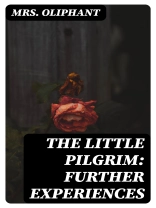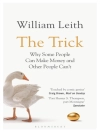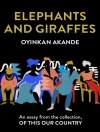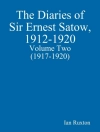In ‘The Little Pilgrim: Further Experiences, ‘ Mrs. Oliphant continues her exploration of spiritual themes through the lens of allegory, focusing on the journey of a young protagonist as she navigates the challenges and trials of life. Written in a reflective prose that marries the simplicity of a fairy tale with the depth of philosophical inquiry, this work exemplifies the Victorian era’s fascination with spirituality, offering readers rich allegorical content that critiques soci...
Про автора
Margaret Oliphant Wilson Oliphant, known professionally as Mrs. Oliphant, was a prolific Scottish novelist and historical writer, who typically wrote as Mrs. Oliphant. He...
Придбайте цю електронну книгу та отримайте ще 1 БЕЗКОШТОВНО!
Мова Англійська ● Формат EPUB ● Сторінки 97 ● ISBN 8596547347361 ● Розмір файлу 0.3 MB ● Видавець DigiCat ● Місто Prague ● Країна CZ ● Опубліковано 2022 ● Завантажувані 24 місяців ● Валюта EUR ● Посвідчення особи 8634619 ● Захист від копіювання Соціальний DRM












